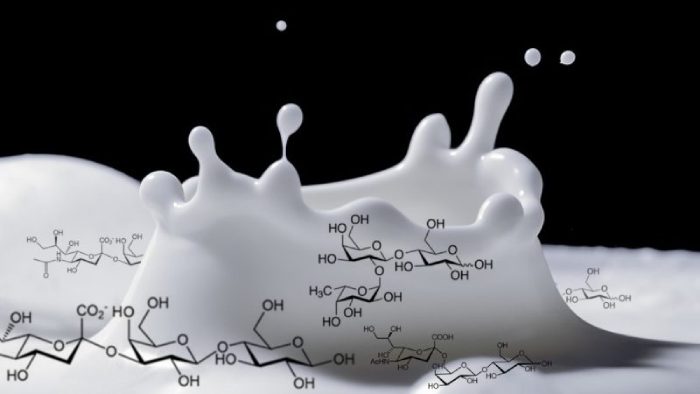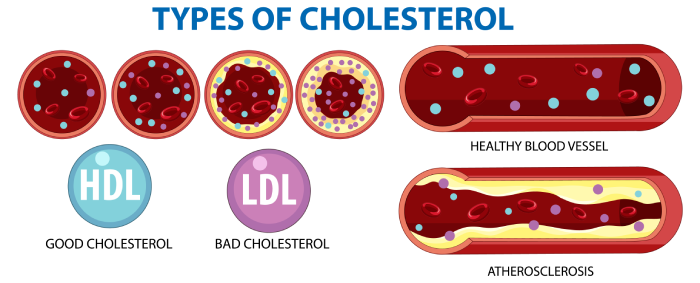The Groundbreaking Discovery
Recent groundbreaking research conducted by Scottish scientists reveals that selenium, a mineral abundant in Brazil nuts, might hold the key to preventing breast cancer metastasis. The study, carried out at the Cancer Research UK Scotland Institute in Glasgow, has unveiled intriguing insights into triple-negative breast cancer treatment.
Understanding the Numbers
This aggressive form of cancer, affecting approximately 15% of breast cancer patients in Scotland (roughly 735 of the 4,900 annual cases), has traditionally been challenging to treat due to its unresponsiveness to hormone therapy. The discovery centers around selenium’s dual role – while it’s essential for human health as an antioxidant, it’s also crucial for cancer cell survival during metastasis.
The Scientific Breakthrough
The research team found that cancer cells, particularly those circulating in the blood and attempting to spread to the lungs, become vulnerable when deprived of selenium. This finding opens up new possibilities for therapeutic interventions that could target selenium uptake specifically in cancer cells.
Genetic Implications
For context, the study gains additional significance considering that 70% of women with BRCA1 or BRCA2 gene mutations face breast cancer risk by age 80. While complete selenium elimination isn’t viable due to its essential nature in human health, researchers are exploring targeted approaches to block its uptake by cancer cells.
YourDailyFit Columnist Alice Winters’ Commentary:
The Selenium Paradox
As a supplement expert, I find this research fascinating yet complex in its implications. The selenium paradox – being both a potential cancer-fighting agent and a facilitator of cancer spread – perfectly illustrates why we need nuanced approaches to supplement use.
Understanding Selenium Sources
The typical Brazil nut contains 68-91 mcg of selenium (the RDA is 55 mcg), making it nature’s richest selenium source. However, this research suggests we need to be more sophisticated in our understanding of nutrient supplementation, especially for cancer patients.
The Future of Targeted Therapies
What’s particularly intriguing is the potential for targeted therapies. Rather than the traditional “more is better” approach to supplementation, this research points toward precision nutrition – understanding exactly how nutrients interact with specific disease states.
Practical Implications
For consumers, this doesn’t mean avoiding selenium-rich foods or supplements. Instead, it emphasizes the importance of personalized supplementation strategies based on individual health conditions. The future might lie in developing selective selenium transport inhibitors that specifically target cancer cells while maintaining healthy selenium levels in normal cells.
Conclusion
This research represents a paradigm shift in how we view nutritional supplementation in disease treatment. It’s no longer just about ensuring adequate intake but understanding the complex mechanisms of nutrient utilization in different cell types.
Want to learn more about other Industry News? Please stay tuned!



